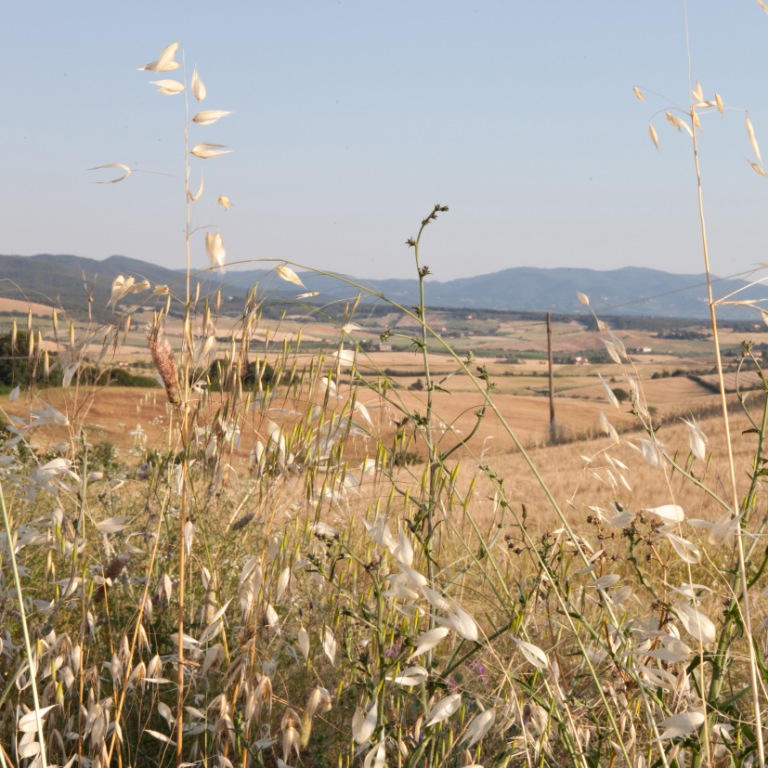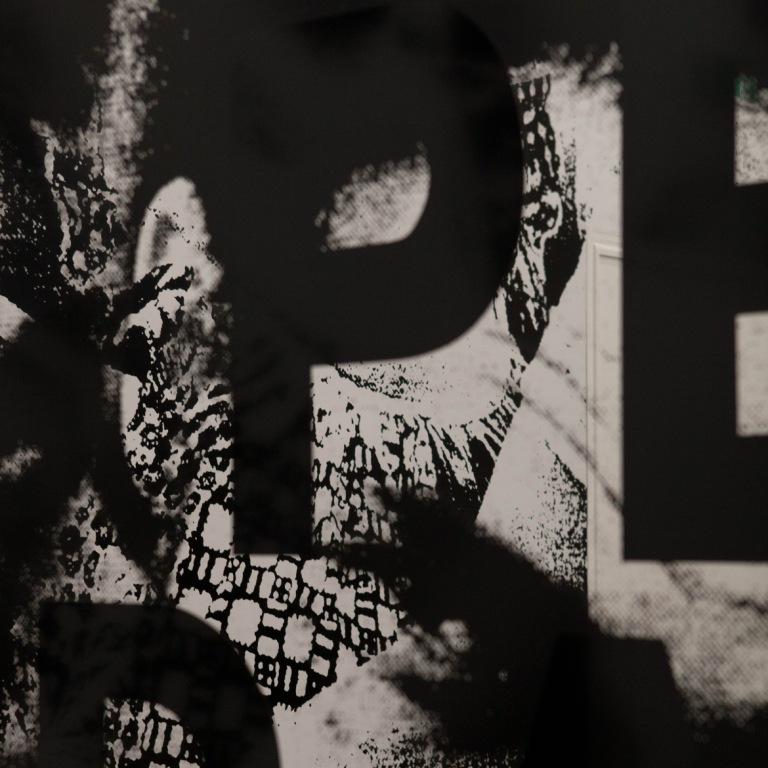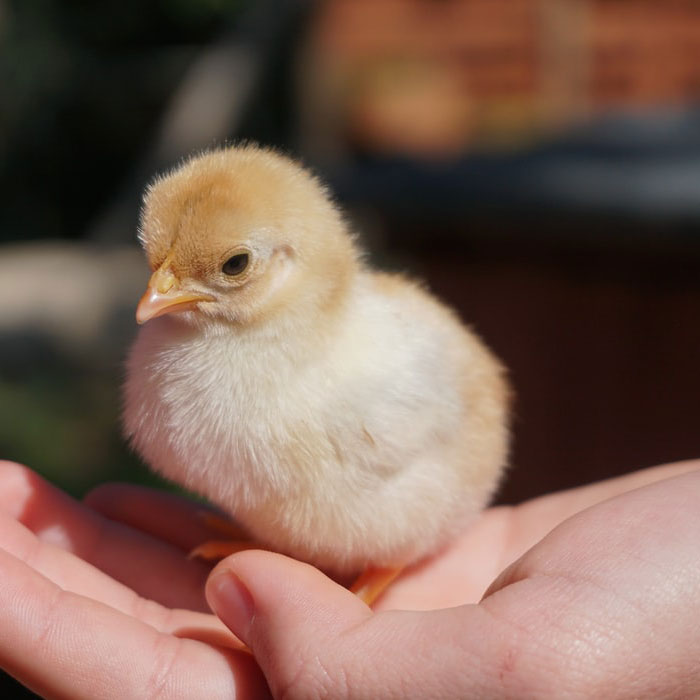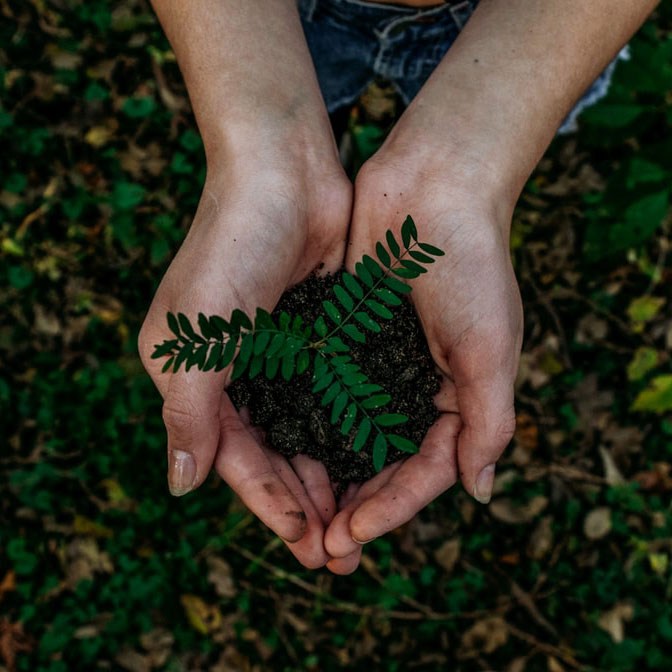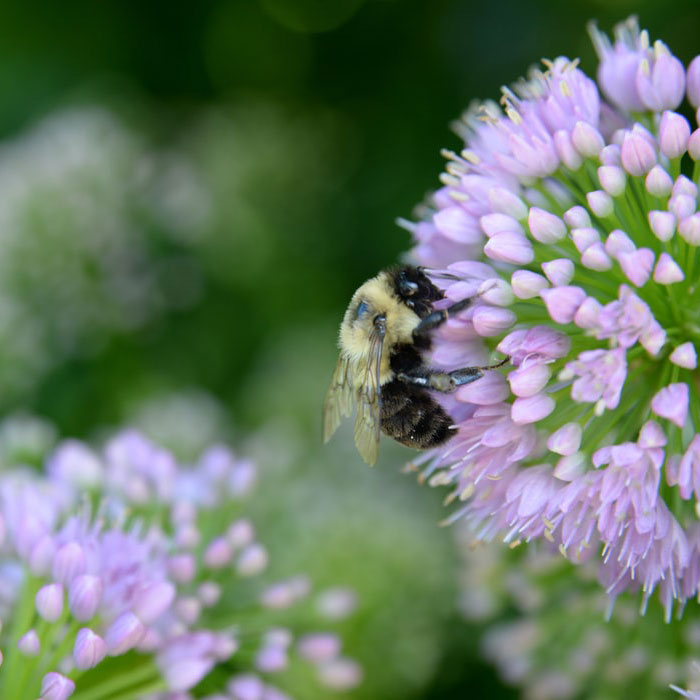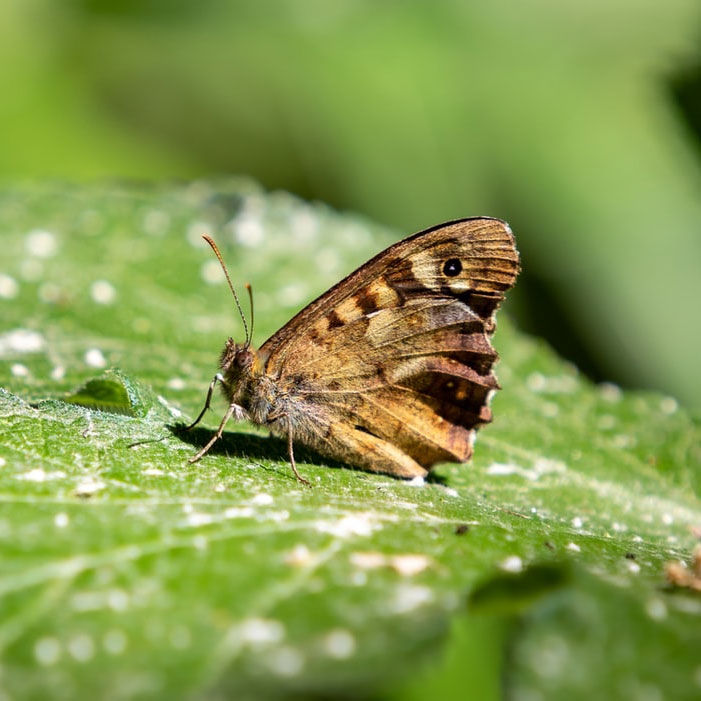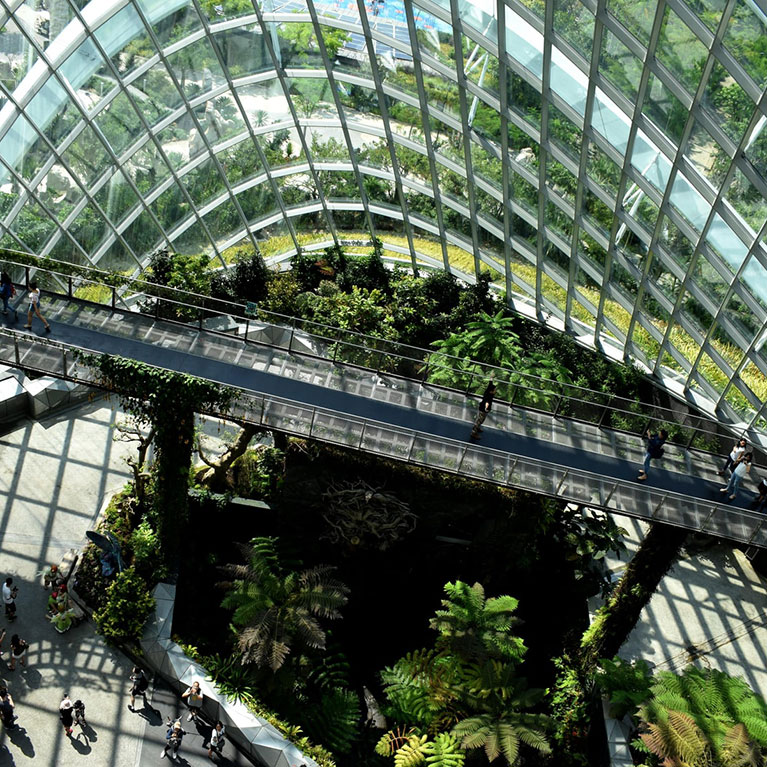Sustainability and Fashion: Certification and Organizations
We do that by joining the 4sustainability® roadmap, by making the values and action programs it embodies our own, and by orienting our business model to a virtuous path of change.
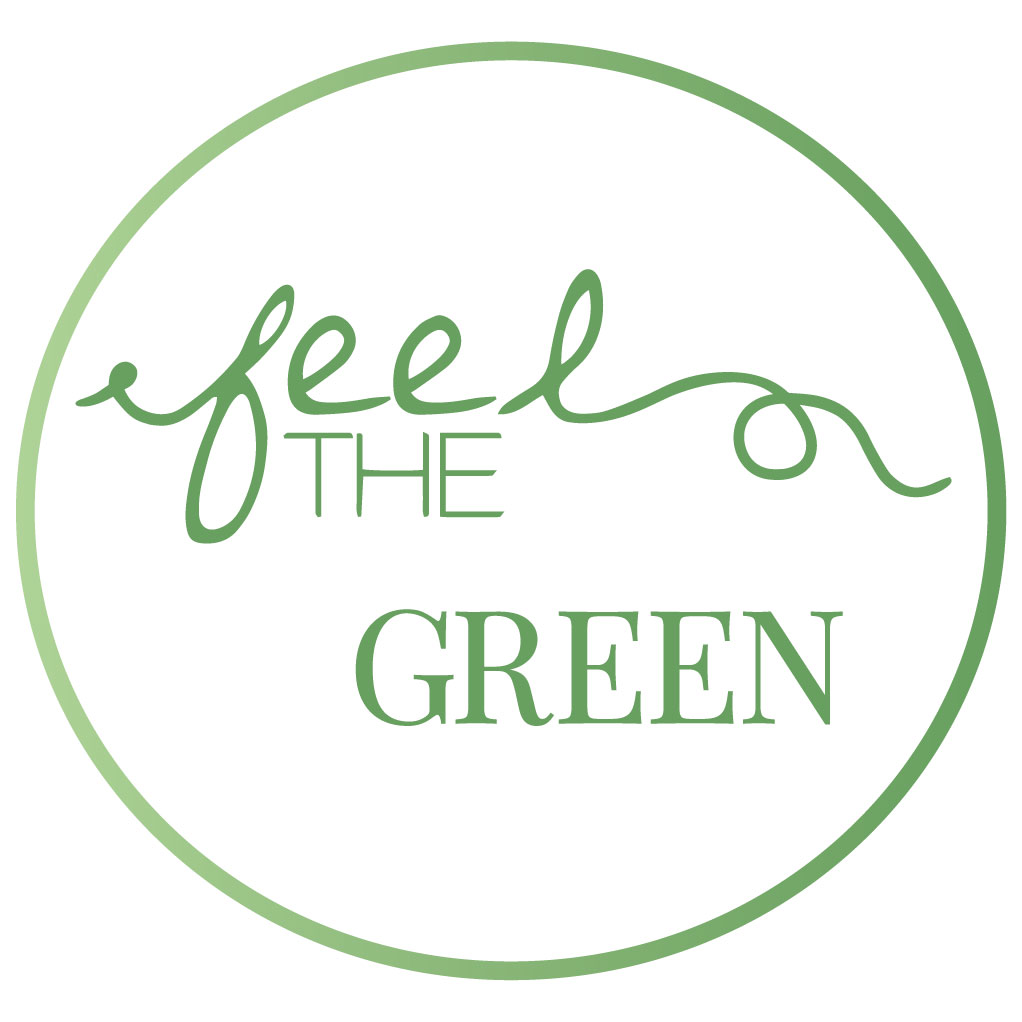

We do that by joining the 4sustainability® roadmap, by making the values and action programs it embodies our own, and by orienting our business model to a virtuous path of change.
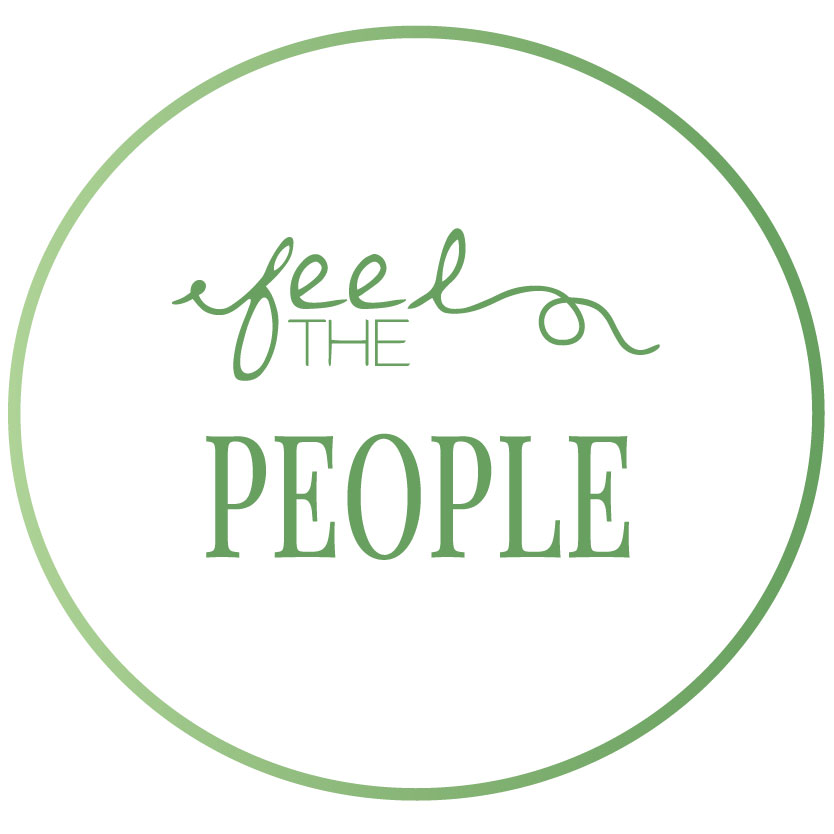
Elements of sustainability: policies and goals
Feel the Yarn firmly believes in people and in the key role they play in the path of obtaining sustainability certifications. For this reason, the Italian yarn manufacturers involved in the project are committed to increasing workers’ skills and pursue the values of equality and equal opportunities. That’s the basis of each sustainable fashion mind map. Yarnspinners also promote corporate welfare initiatives aimed at workers’ well-being, to intercept emerging needs and enhance the personal satisfaction and aspirations of each individual.
Workplace health and safety, as well as people’s health along with the production cycles, are key factors in each sustainability certification strategy, to be carried on by increasing awareness of the risks associated with processes and promoting safety as a value in itself.
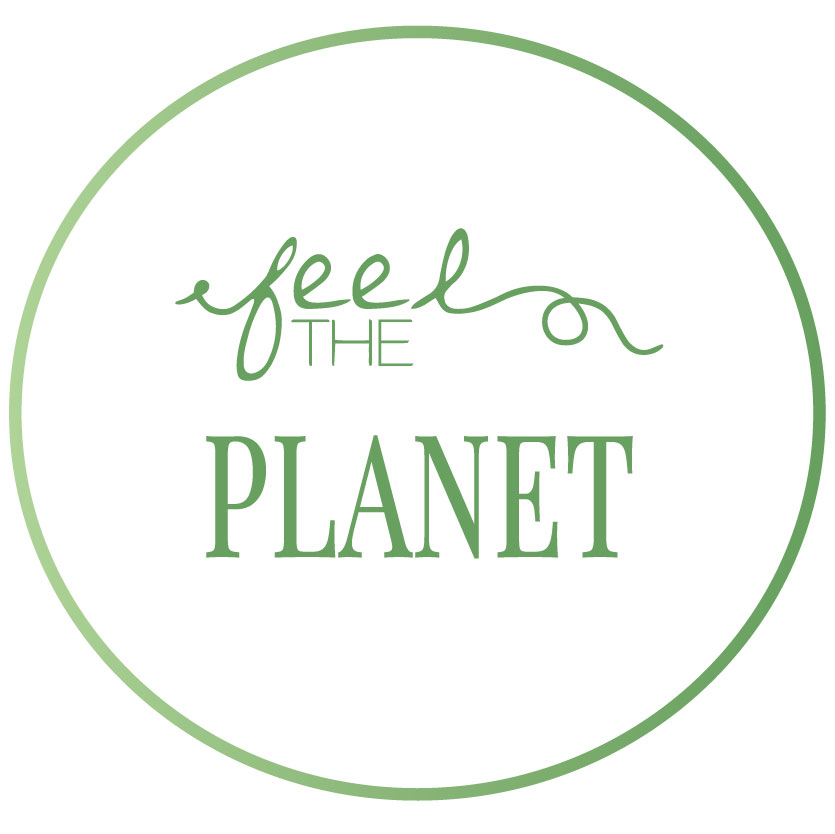
We are committed to reducing the environmental impact
The fight against climate change, to prevent and mitigate its impacts, is a crucial challenge for the fashion industry. Based on this awareness, Feel the Yarn companies strive to guarantee their effective contribution by implementing a strategy aimed at mapping and reducing the environmental impact from production activities. With reference to key variables such as emissions in the atmosphere, water, and energy consumption, contamination of wastewater.
The first step towards a concrete contribution to the fight against climate change consists in the monitoring and control of GHG emissions in the whole supply chain. This to identify and implement reduction and compensation solutions, privileging reforestation projects at a local level.
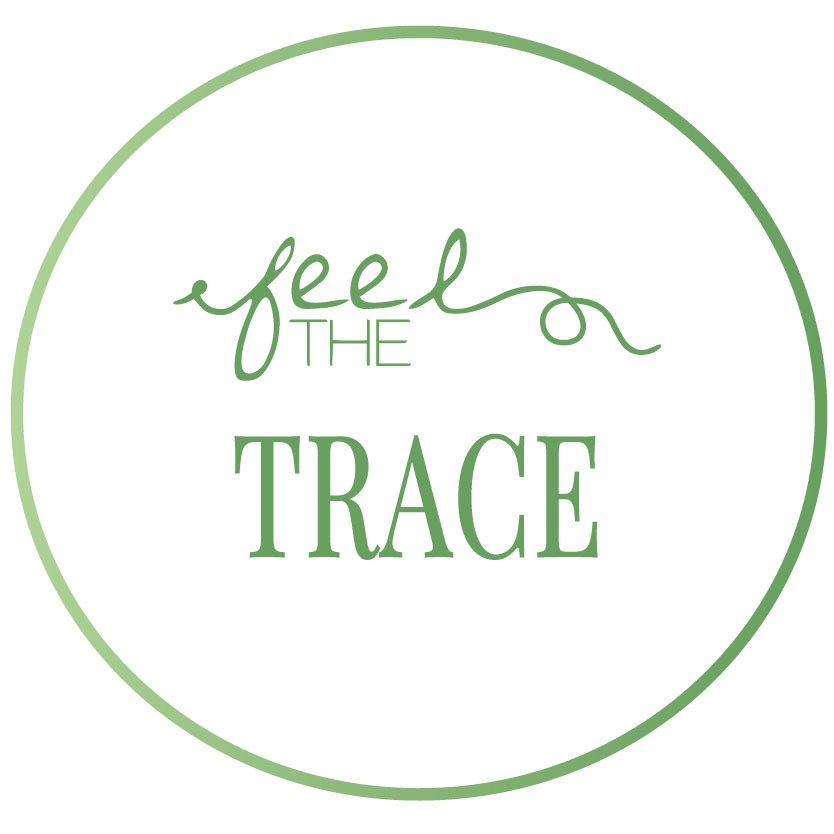
We work together for traceability and transparency in the supply chain
Feel the Yarn is convinced that quality traceability is the priority tool we have to collect the necessary information regarding sustainable process improvement. Each traceable parameter reports the status of the art and the achievement level of its sustainability goals.
In this sense, the development of an advanced IT real time traceability system represents an essential opportunity to know, at every stage of the process. From the origin of the raw materials and transformation products employed for making their articles, the partners who have been involved and the materials they have used.
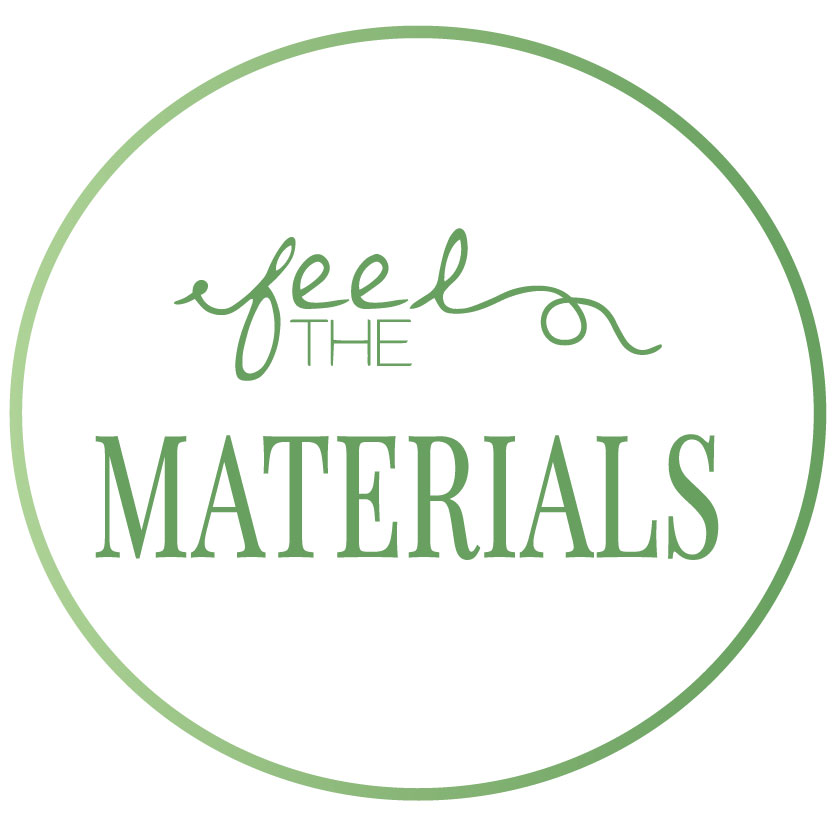
We require sustainable certifications for raw materials used in our purchasing policies
Feel the Yarn thinks it is essential to evaluate and take into consideration alternatives with a lower environmental and social impact. These can impact both raw materials purchase choices and design solutions adopted by the companies inside the consortium. We always operate according to the main standards and initiatives structured and recognized by the market.
What does sustainability certification mean at the beginning of the different supply chains? In particular, we preferably choose certified raw materials, thus having a lower social and environmental impact, made according to criteria of environmental protection, biodiversity, and respect for the dignity of farm animals.
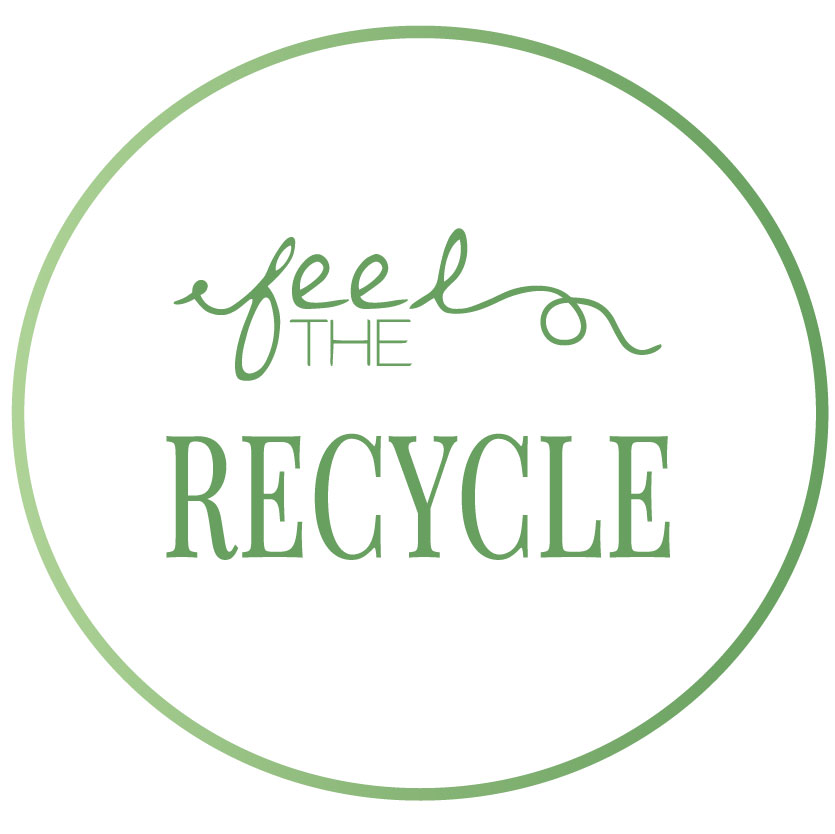
We invest in recovery, recycling and sustainable design practices
Feel the Yarn considers the transition to a circular economy model as a necessary step to ensure constant and sustainable growth of its companies. For this reason, we encourage the implementation of projects aimed at minimizing waste through recovery, reuse and/or recycling practices and the continuous application of sustainable design initiatives in product development.
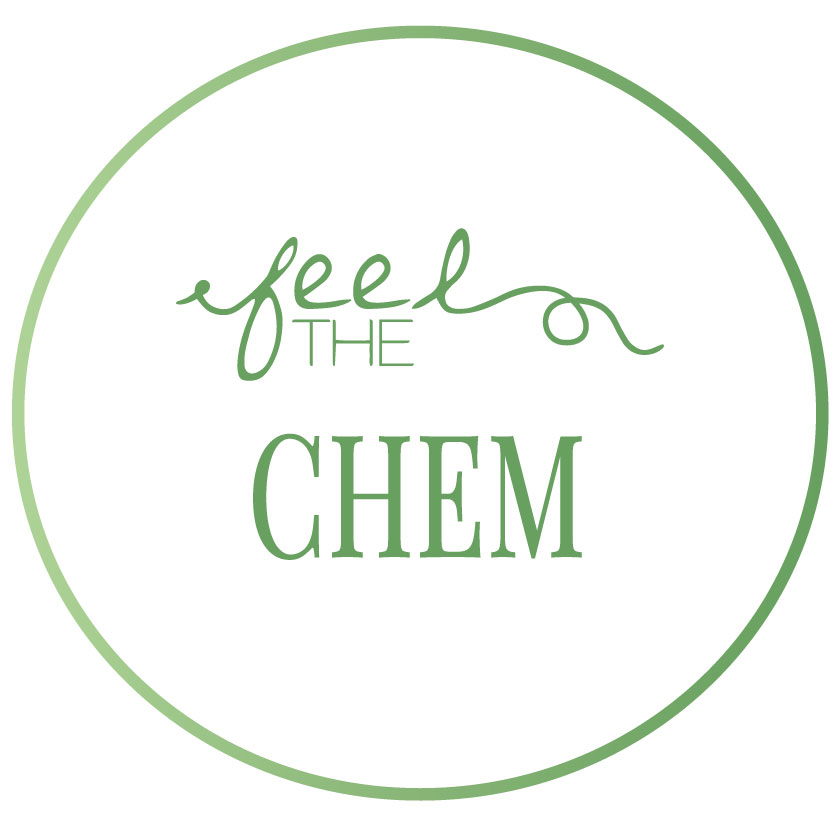
ZDHC certification: quality traceability means chemical risk reduction and monitoring
At Feel the Yarn we are acknowledged that the use of chemicals has one of the most significant impacts in the fashion world. At this stage, we are focusing on chemical products that are involved in the production activity of our companies in the different processing cycles.
Consequently, the FTY Consortium companies undertake to seek the best solutions to gradually eliminate the toxic and harmful chemicals from their life cycle sustainability process. This step is crucial to help human health and facilitate environmental protection, including the adoption of an assessment and management system of the associated risks in line with the ZDHC – Zero Discharge of Hazardous Chemicals methodology.
Sustainable Fashion Organisations and the Certificates they issue
If you look on Instagram or Twitter you’ll see a bounce of growing sustainable fashion hashtags. What does that mean? Sustainability in the fashion industry is something growing day by day. So is the people’s sensibility. At the moment there are no laws or compelling procedures regarding a sustainable way to produce sustainable yarn. However the Italian manufacturers behind FTY are widely adopting those standards and certifications on a voluntary basis to take part in this ongoing revolution. It is a matter of increasing the overall quality of our market.
First of all, operating as a consortium, Feel The Yarn acts on an awareness-raising level, pushing forward and sharing the new goals with the manufacturers. At the moment there’s no one sustainability certification that suits all the needs we are facing at an environmental and human scale. As a consequence, sustainable yarn production regards the specific fiber/ raw material utilized and the production circle involved. As many of the materials are natural fibers, sustainability regards the future of sustainable agriculture and breeding. Let’s have a closer look to the certifications:
Sustainable fashion Organisations and the Certifications offered
GRS Certificate
The GRS is an international, voluntary set of rules for a third-party certification of recycled content, promoted by Textile Exchange. The standard certifies the content of recycled materials in finished or semi-finished products and the compliance to minimum environmental and social criteria in the whole production chain.
In order to certify a class of product, the entire production chain must be certified, and only in case of minimum 50% of recycled content you can use the label.
Oeko Tex Certified
Product certification according to OEKO-TEX® Standard 100 by OEKO-TEX® provides companies and people with information about the environmental protection and safety of final products. A textile article carrying the STANDARD 100 label is produced with components that are harmless for human health.
Every component has to be tested by independent OEKO-TEX® partner institutes based on extensive criteria. It is a product compliance standard built on tests concerning many regulated and non-regulated substances which may be harmful to human health.
Ecovero
EcoVero™ is not a certification, but a trademark registered. Ecovero is a revolutionary fiber patented by Lenzing AG, an Austrian manufacturer with a production philosophy strongly oriented to sustainability. Obtained from the processing of wood pulp through a sustainable circular process, it is an eco-responsible viscose produced with a system that reduces emissions into the environment and water consumption by about 50%. The wood comes from FSC certified forests.
OCS Certification
The Organic Content Standard (OCS) is an international, voluntary standard that sets requirements for third-party certification of certified organic input and chain of custody. The goal of the OCS is to increase organic agriculture production. OCS covers the processing, manufacturing, packaging, labelling, trading and distribution of a product that contains at least 5 percent certified “organic” materials.
FSC Certification Requirements
The FSC (Forest Stewardship Council) certification has the goal to reassure consumers that products of forestry origin or wood derivatives really originates from companies that manages forests in a responsible and sustainable way.
Forest-based fabrics, such as rayon, viscose, modal or lyocell are increasingly being used in the fashion industry. If cellulose fibres come from well-managed forests, they can be more environmentally friendly and traceability can be ensured.
Feel the Yarn thinks it is essential to evaluate and take into consideration alternatives with a lower environmental and social impact. These can reflect on both raw materials purchase choices and design solutions adopted by the companies inside the consortium. We always operate according to the main standards and initiatives structured and recognized by the market.
What does sustainability certification mean at the beginning of the different supply chains? In particular, we preferably choose certified raw materials, thus having a lower social and environmental impact, made according to criteria of environmental protection, biodiversity and respect for the dignity of farm animals.
If you want to know more, please click on the news below to get in touch with the world of sustainable fashion organisations and certifications.






